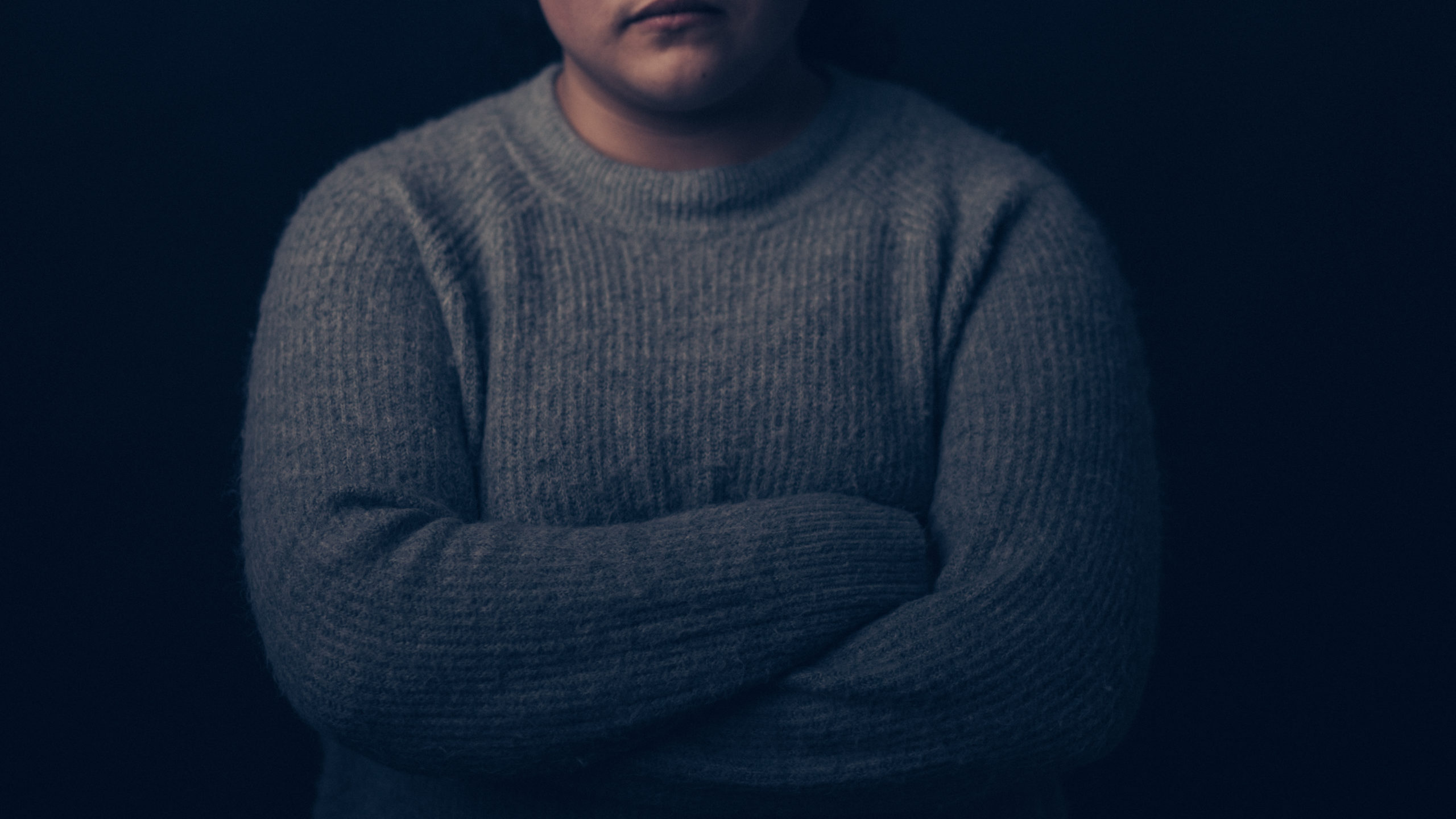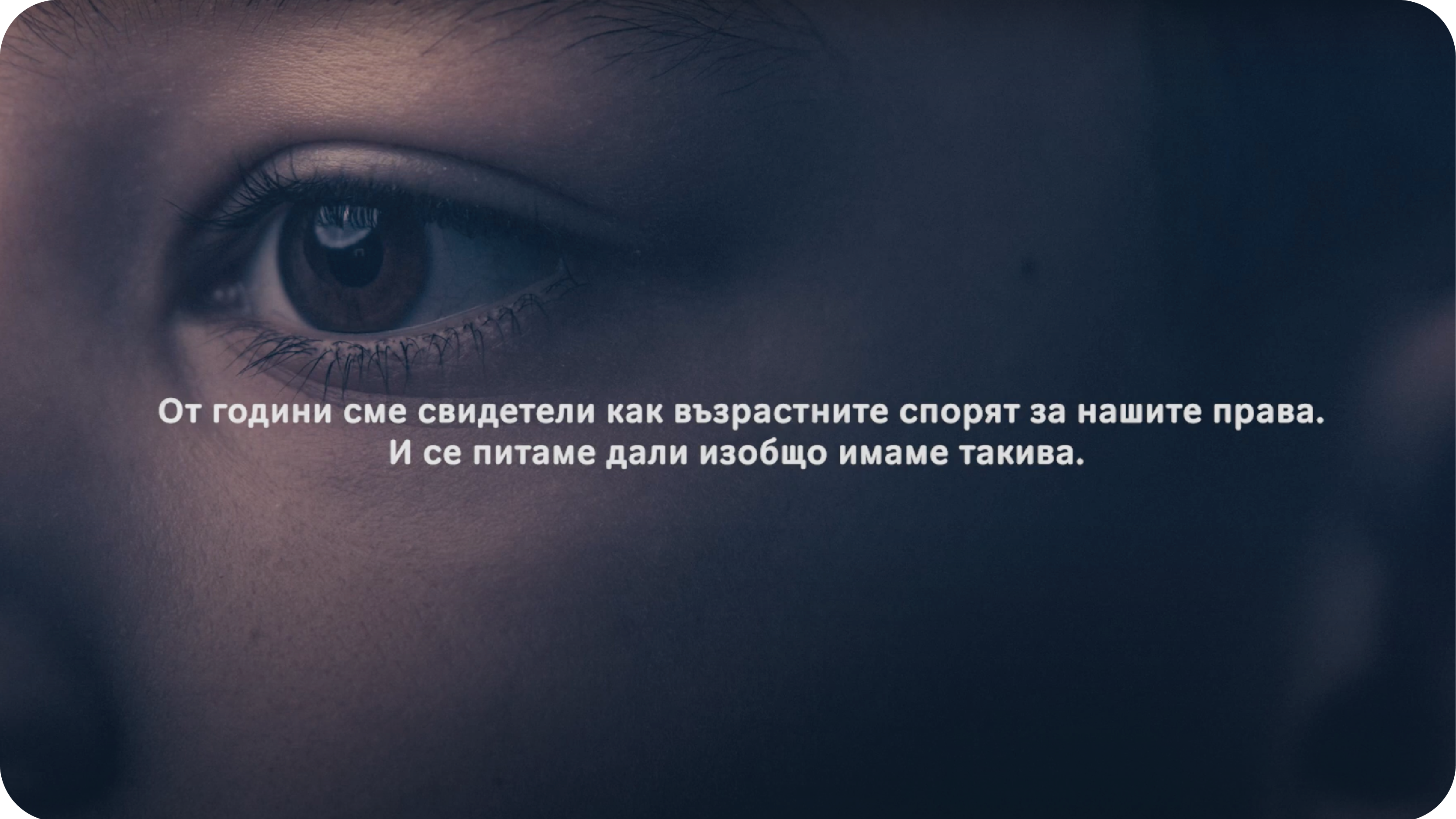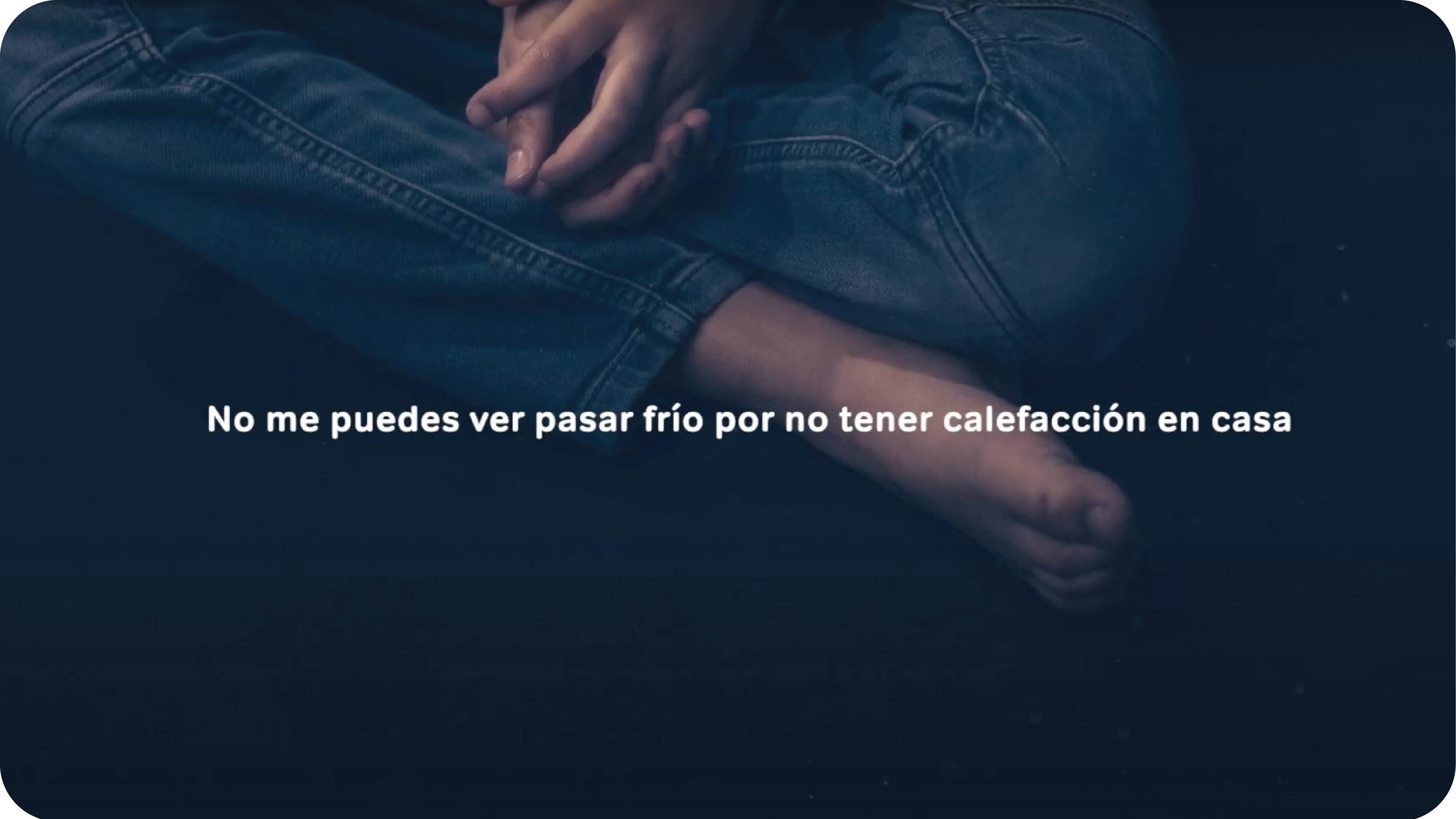Why we launched the Can We Believe In You campaign
Even before the pandemic hit, almost 18 million children in the EU were already at risk of poverty. In 2020, millions of children were left without access to their basic rights such as education, healthcare, decent housing, and adequate food.
The pandemic has undoubtedly disproportionately impacted those already disadvantaged – creating new vulnerabilities. Many children were left without access to food or shelter; others fell behind in school or couldn’t learn online; many suffered neglect, and even violence, and parents’ financial and other worries increased stress at home. Experiencing poverty in childhood can have lifelong consequences. We need to act now if we are to prevent the effects of the pandemic lasting a generation.
EU Initiatives for change
New catalysts for change have emerged at the European level, with the European Child Guarantee initiative that aims to ensure every child has free healthcare, free education, decent housing, adequate nutrition, and free childcare. The Guarantee was coupled with an ambitious European Strategy on the Rights of the Child. To impact children’s lives, particularly those in need, these initiatives need local and national champions.
This is why we built our #CanWeBelieveInYou campaign. The aim is to raise awareness around the dire situation children are currently facing and to bring children’s rights further into the public debate. More than a quarter of all children in the EU are at risk of poverty or social exclusion and these levels are expected to rise in the coming years. Through our campaign, we are building a case for policymakers at the national level to prioritise and invest in children - now.
Local Engagement
Effective engagement with national and local government is key if the European Child Guarantee is to be implemented successfully and trigger national investments in children. We’ve been working with members in 3 EU countries to unpack what a European Child Guarantee could mean in their national context, what the main challenges are and how this initiative can trigger change.
Bulgaria
Bulgaria has one of the highest levels of child poverty in Europe, with 400,000 children currently living at risk of poverty and social exclusion. The country is also faced with an unprecedented threat on children’s rights and democracy. Far-right extremists and religious groups are using fake news to spread fear among parents and intimidating child rights activists. These disinformation campaigns hinder the establishment of long-term policies to tackle child poverty and, what is worse, challenge the fundamentals of children’s human rights.
The COVID-19 crisis deepened educational inequalities. Children were kept away from schools. For many their school lunch was their only meal of the day. Cases of domestic abuse have increased over last year, which put even more pressure on an already over-stretched and under-resourced child protection system.
Eurochild’s member, the National Network for Children in Bulgaria, has been working tirelessly to support children and families throughout the pandemic. They have helped over 14,000 children and 63,000 families with food, medicine, disinfectants, and electronic devices. Their aim is for all Bulgarian children to live in safe family environment, to be healthy, to go to school, to enjoy home and protection. The European Child Guarantee can help achieve this dream by ensuring that all Bulgarian children have access to essential services and can exercise their rights.
Spain
Many children in Spain are experiencing poverty. In fact, Spain has one of the highest at-risk-of poverty rates in the EU (30%). It’s also a country where the social benefits are the least effective at reducing child poverty.
Whilst there is public sensitivity to extreme poverty, many of the ongoing hardships faced by millions of children and families go unrecognised and therefore unaddressed. For example, many are unable to replace their broken prescription glasses, they struggle through cold winters due to lack of heating, or do not have access to computers to follow online classes. This lack of opportunity undermines children’s wellbeing and development.
Since the financial crisis of 2008, Eurochild member Plataforma de Infancia has been working tirelessly to raise awareness about the structural problem of child poverty in Spain. As a result, many political parties committed to fighting child poverty in their electoral programs. It led to Congress making the fight against child poverty a priority in the State Pact for Children, and the Government establishing a High Commissioner for Combating Child Poverty. At the local level, Plataforma’s work led to improving allowances for dependent children and/or creation of the minimum income for families.
Despite these wins, the structural poverty remains a problem, made worse by the pandemic. Spain suffers a lack of investment in children from the state, and families as the key support system for children. The European Child Guarantee will be an essential element to trigger more investments in children’s rights and tackle child poverty.
Finland
Similarly to Bulgaria and Spain, children in Finland were deeply affected by the pandemic and suffered its negative effects. Despite the strong welfare system, levels of inequality between children rose considerably causing Finland’s rapid action to ensure their protection.
Our member, Central Union for Child Welfare, organised a campaign last year to shed a light on child poverty, an issue unknown to many in Finland. The NGO sector has been essential in championing children’s rights during this time by encouraging child participation. NGOs have been establishing mechanisms to provide children with opportunities to be heard. The European Child Guarantee will be a strong opportunity for them to continue these efforts on a national level.
Children are asking #CanWeBelieveInYou
Show them they can by joining our campaign on social media with the #CanWeBelieveInYou hashtag.




